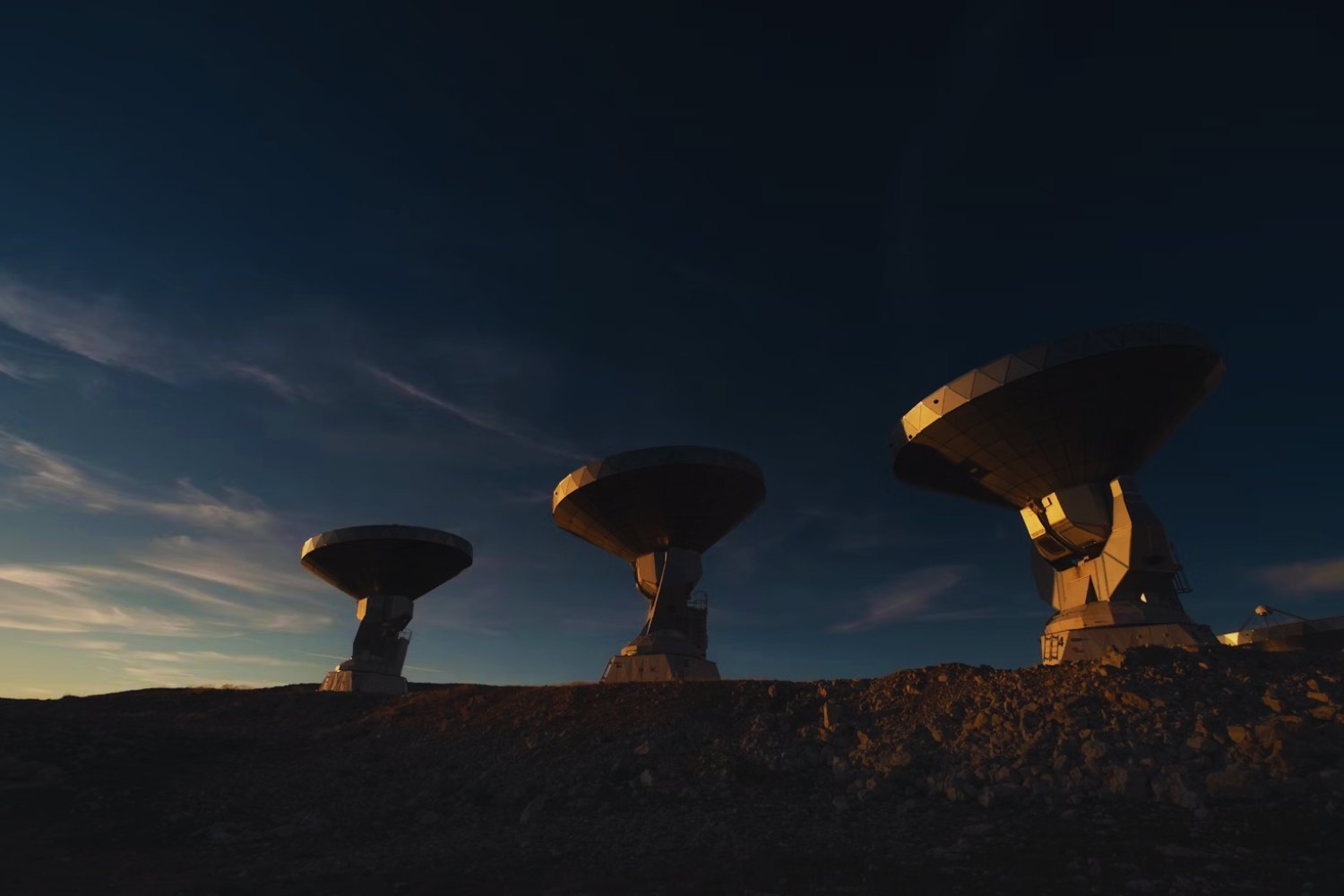What if AI were to discover the aliens? Exploring the potential of our first contact.

For decades, the search for intelligent life beyond Earth has been ongoing and could now take a definitive leap. The Search for Extraterrestrial Intelligence (SETI), dedicated to finding intelligent life outside of Earth, has found an unexpected and powerful new ally: could a machine be the one to detect the first real signal of extraterrestrial life?
## A universe full of data… and possibilities
SETI was born almost 60 years ago with an ambitious mission: to listen to the universe. Initially, astronomers pointed telescopes towards nearby stars, hoping to capture some artificial signal. However, the data was scarce and the analysis was limited.
Everything changed in 2015 with the Breakthrough Listen project, spearheaded by billionaire Yuri Milner. This new phase of SETI searched for intelligent life in a million stars, generating a vast amount of astronomical information.
The amount of data was so vast that traditional methods were simply overwhelmed. How many authentic signals could have been lost among terrestrial interference or misclassifications?
## Artificial intelligence: the filter that never sleeps
This is where artificial intelligence, particularly machine learning, comes into play. These technologies allow systems to learn to detect patterns, filter out noise, and, above all, adapt.
According to Peter Ma, a mathematician and physicist at the University of California, Berkeley, and leader of the project, this is precisely what is needed. “We cannot always predict what an extraterrestrial civilization might send us,” he states.
The model developed by his team has already identified eight candidate signals that were missed in previous analyses. Although still preliminary, they demonstrate the immense potential of AI in this new era of cosmic exploration.
## What if we’ve already received a signal… and AI is the one to recognize it?
With the increasing sophistication of algorithms and the expansion of available data, this scenario becomes increasingly plausible.
And it is not just a matter of computational power. If a distant civilization ever tries to communicate, it is possible that an artificial intelligence will hear their voice first.
Although AI cannot travel to space (yet), it does not replace the astronomer, it enhances them. It does not substitute human curiosity, it accelerates it.
So perhaps, when we finally hear that first message from the cosmos, it will not be a person who detects it… but a machine that we have taught to listen for us.
And when that day comes, the universe may no longer be silent forever.




